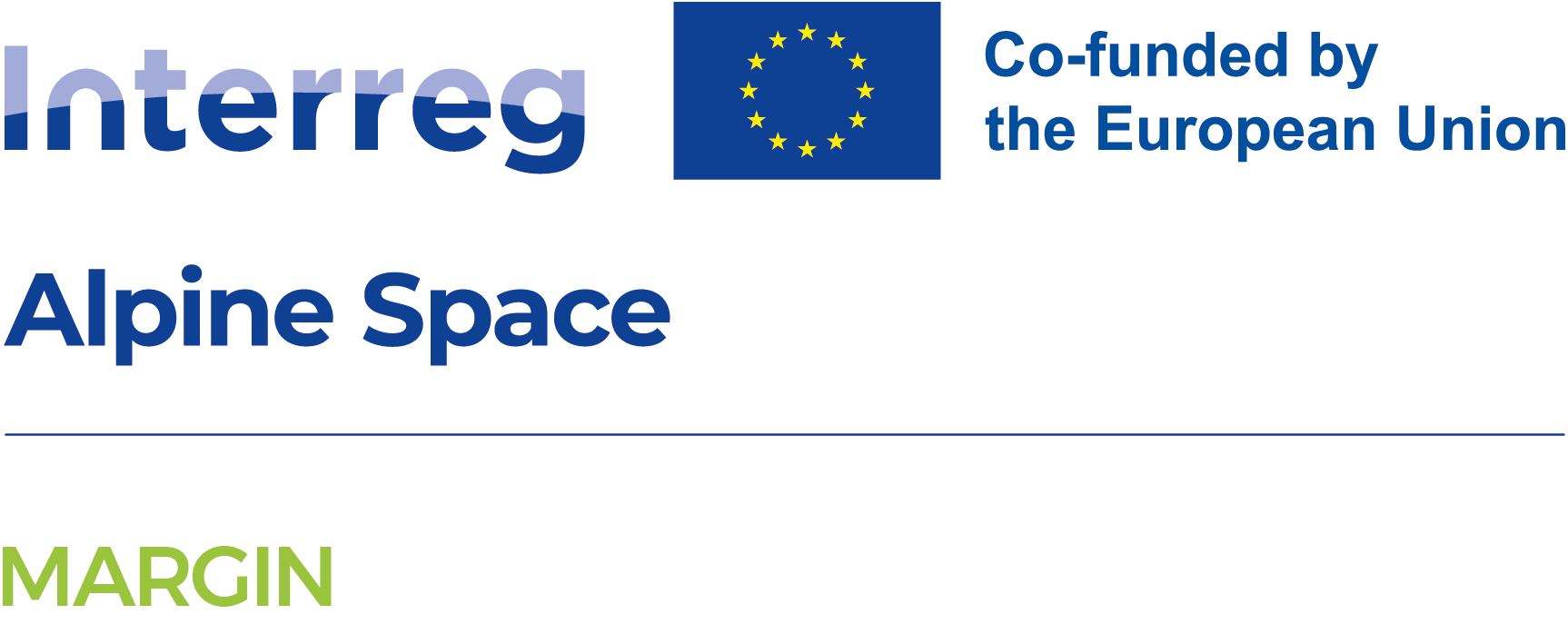MARGIN – Managing Groundwater Sustainability in Urban Areas: Quantifying the vulnerability of groundwater quality & quantity to climate change and urbanisation, and developing adaptation measures for cities
MARGIN explores the entire process chain, from the availability of relevant data to potential and risk assessments, as well as the development and implementation of adaptation measures for sustainable groundwater management in four pilot cities (Linz, Ljubljana, Milan, and Munich). Insights and outcomes from the pilot cities form the foundation for creating transferable processes and templates applicable to other cities in the Alpine region.
Alpine cities face unique groundwater issues, including the impact of climate change and rising competition for groundwater use. To address these concerns, MARGIN helps cities understand their vulnerability and risk, building resilience to future groundwater changes. The project offers city-tailored management for upcoming groundwater difficulties, creating the potential to replicate best practices and accelerate their implementation in Alpine cities, thus strengthening preparedness and capacity to cope with the impacts of climate change.
The project aims to develop effective adaptation measures to safeguard groundwater quality and quantity, essential for drinking water, energy, and ecosystem health. By examining the four pilot cities Milan, Ljubljana, Linz and Munich and involving a Network of Observers, MARGIN will enhance city planning and policy-making through a practical toolbox of guidelines and best practices. This initiative will empower cities to responsibly manage their groundwater resources and build resilience against environmental challenges.
MARGIN is co-financed by the European Regional Development Fund through the Interreg Alpine Space programme. The project total budget is 2.985.083,95 € with an ERDF Co-financing rate of 75 %.

